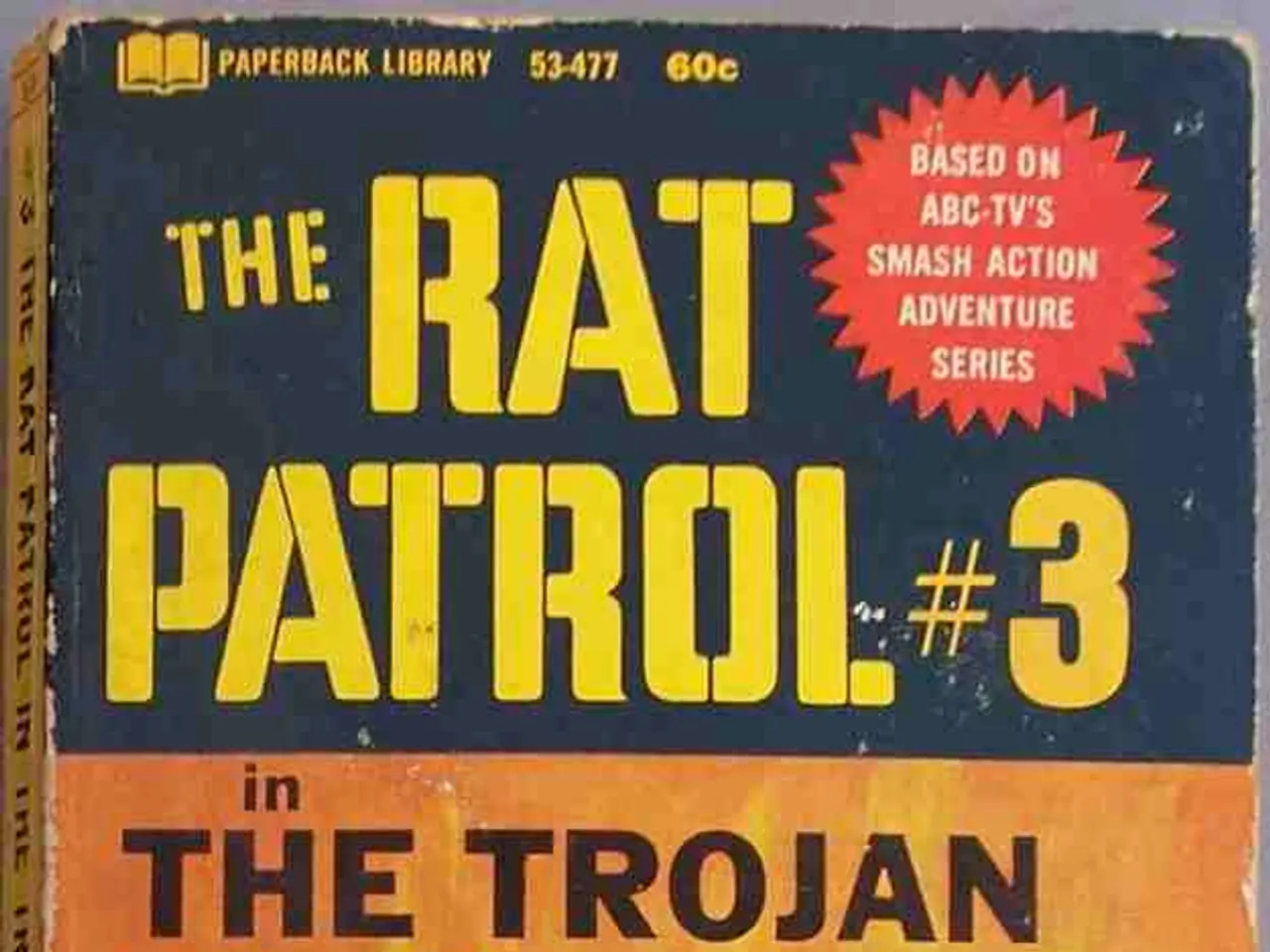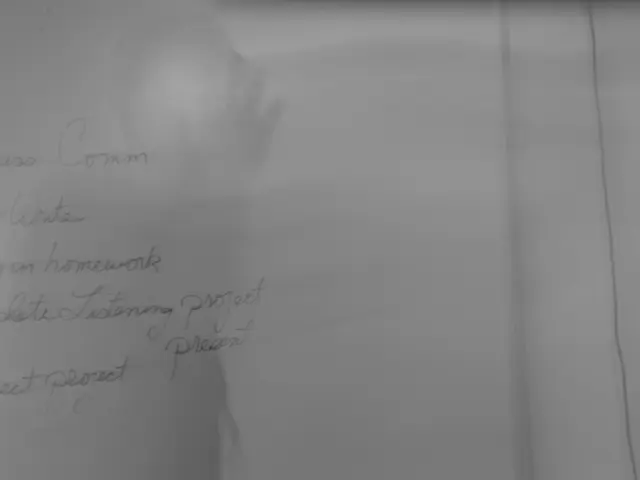Possible Nuclear Transfer from Pakistan to Saudi Arabia under Defense Agreement – Israel's Response and Possible Actions against Nuclear Sites
In a significant development, Pakistan and Saudi Arabia have signed a defence pact that could have far-reaching consequences and change the geopolitics of the Middle East and the world.
The agreement, which has been hailed as a game-changer, was signed after a series of events that have shaped the regional landscape. Notably, Israel bombed a Hamas office in Doha, which may have prompted Saudi Arabia to seek closer ties with Pakistan.
Pakistan, a nuclear-armed state since 1998, has conducted two major nuclear tests, Chagai-I and Chagai-II, in the Kharan Desert. The first test, Chagai-I, took place on May 28, 1998, and consisted of five simultaneous underground explosions. The second test, Chagai-II, was a single-device test conducted on May 30, 1998.
The defence minister of Pakistan, Khwaja Muhammad Asif, has stated that nuclear capabilities, established long ago, will be made available to Saudi Arabia according to the agreement. He also mentioned that Pakistan has forces trained for nuclear warfare.
However, the Jewish state, which has a long-standing animosity towards nuclear capabilities in the hands of a Middle-East Muslim country, is unlikely to tolerate such a development. Israel is said to never allow nuclear capabilities in the hands of a Muslim country near it.
Despite these concerns, there is no publicly available evidence or credible reports that Israel has planned or intended to use military means against Pakistan’s nuclear facilities or Saudi Arabia’s nuclear arsenals prior to the emerging Pakistan-Saudi Arabia defense pact.
The defence pact is a significant development in the relations between the two countries and could potentially impact the geopolitical landscape of the region. Retired Brigadier General Feroz Hassan Khan stated that financial support from Saudi Arabia enabled Pakistan's nuclear program to continue, especially during a time when Pakistan was under sanctions.
It is important to note that Saudi Arabia does not recognize Israel and has no diplomatic relations with Tel Aviv. In the 1980s, Israel reportedly requested India's refueling facilities to bomb Pakistan's nuclear sites, which was denied.
The US President Bill Clinton imposed sanctions on both Pakistan and India in 1998 in response to India's second nuclear test. The latest news includes Pakistan, Israel, Saudi Arabia, and the Pakistan-Saudi Arabia Defence Pact, which is a potential game-changer in the Middle East. Media reports suggest that Saudi Arabia has historically provided financial support to Pakistan's nuclear program.
As the region continues to evolve, the impact of the Pakistan-Saudi Arabia Defence Pact remains to be seen. The agreement underscores the complex web of alliances and tensions that characterise the Middle East, and its implications for global security are far from clear.








